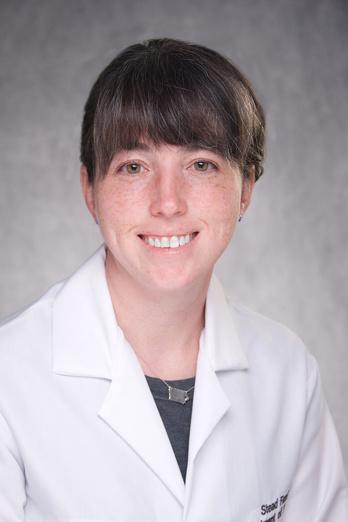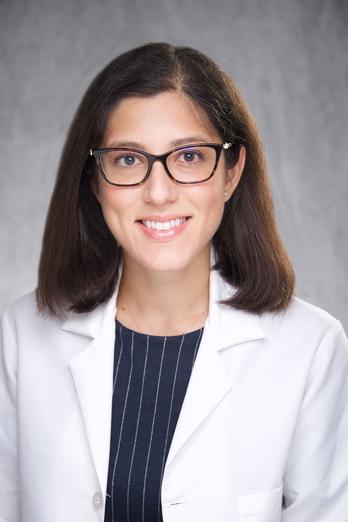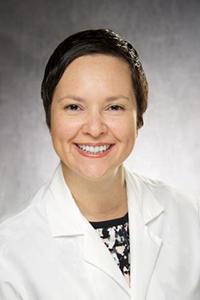
Almost immediately after birth, we begin burning fat for energy and warmth. Recently, members of our division studied whether this process is altered in infants with congenital disorders. The study focused on two specific disorders: congenital hypothyroidism and cystic fibrosis. The peer-reviewed study is now available online (PubMed link). The results indicate that infants with these disorders burn less fat than normal. Surprisingly, however, these infants burned relatively more of a specific fatty acid—linoleic acid. One possible explanation for this finding relates to higher levels of inflammation in these infants. This finding is particularly important for cystic fibrosis, as it may help explain why this condition often causes lifelong linoleic acid deficiency. The manuscript’s lead author is Dr. Pinnaro from our division, with Dr. Norris serving as the senior author.








